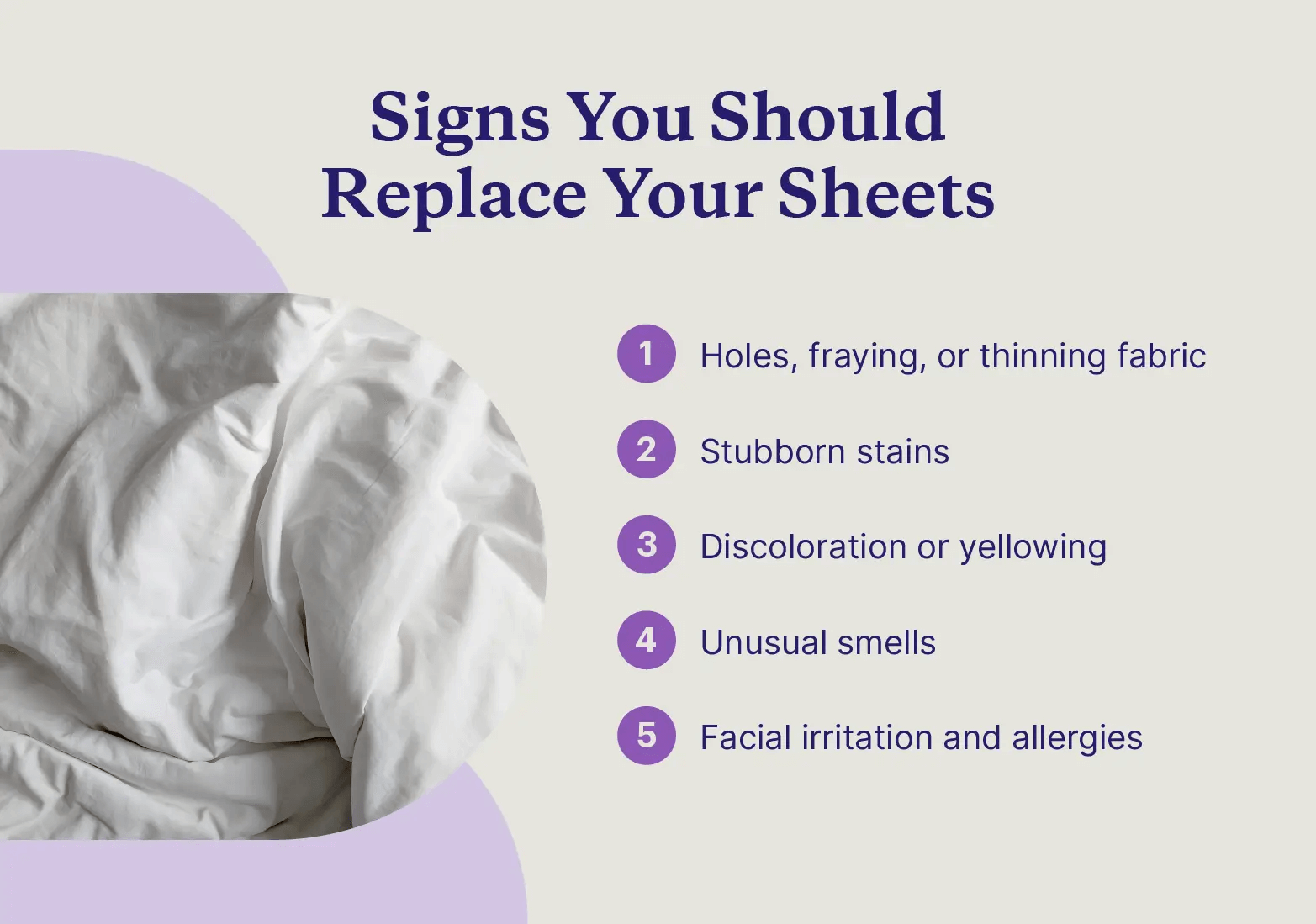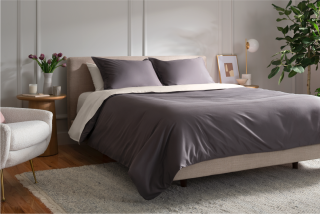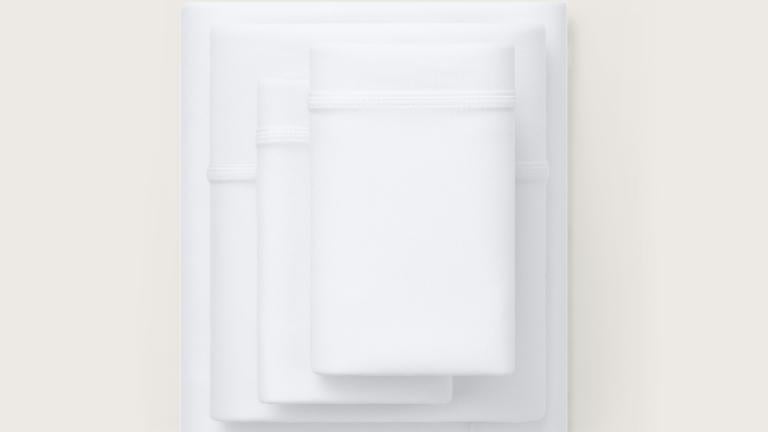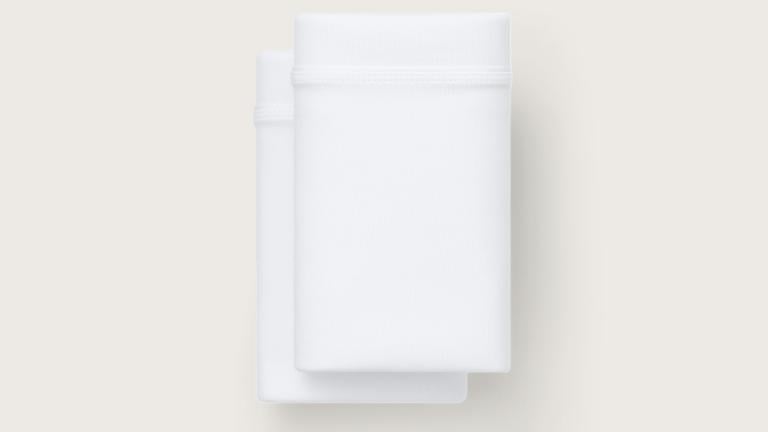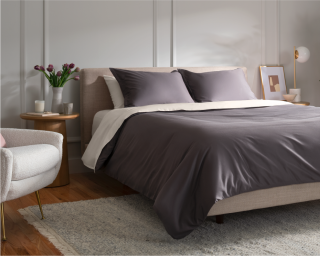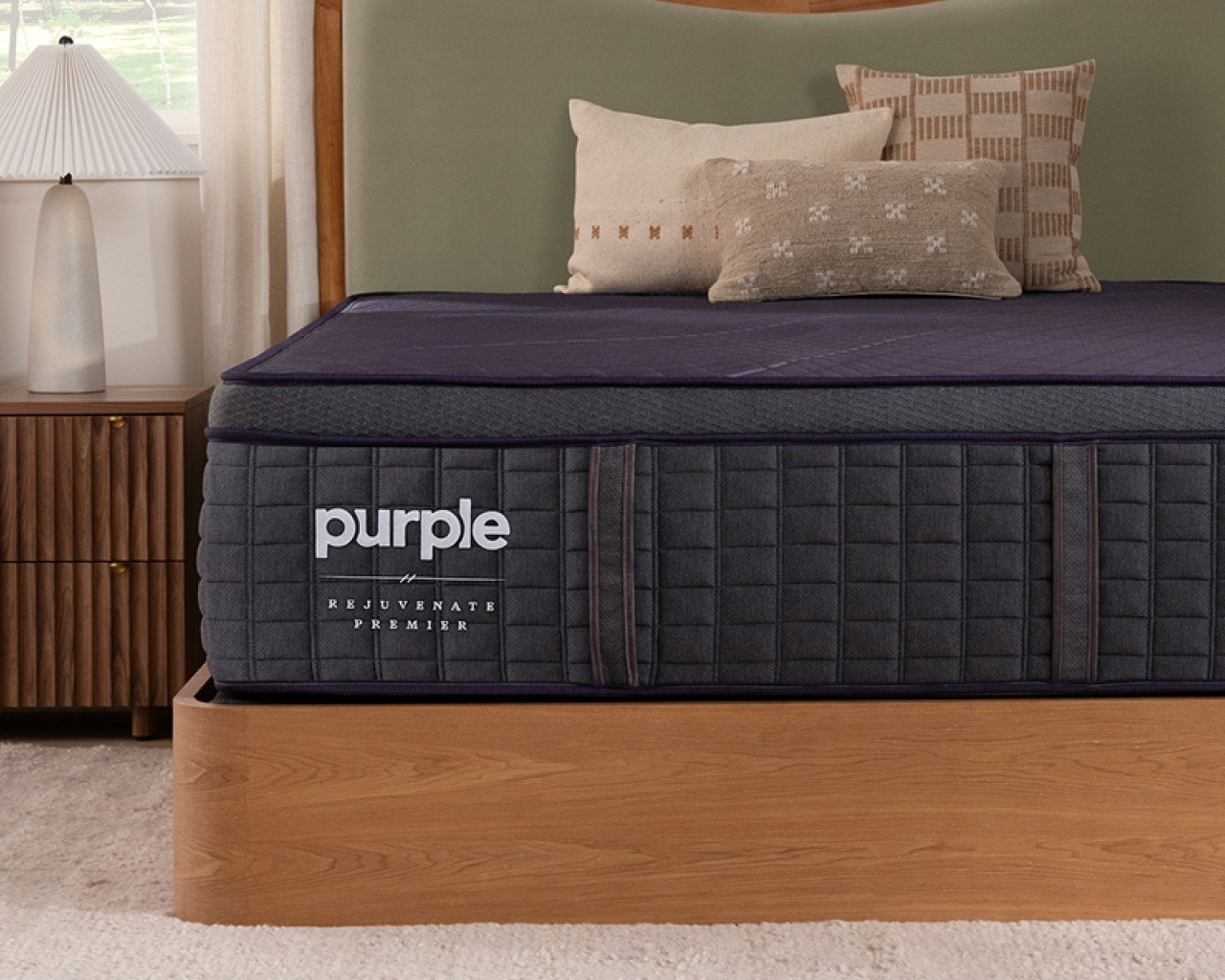How Long Do Sheets Last? 8 Signs It’s Time To Replace Your Sheets
With daily use, you should replace your sheets every one to two years. Depending on the material of your bed sheets and how often you wash them, you may get more use out of them. High-quality percale or sateen cotton sheets can last up to three years, while linen sheets may last as long as five years before you need to replace them.
With one-third of our days spent in bed, it’s no wonder that our bedding begins to accumulate and harbor dirt, debris, dead skin cells, and pet dander. While washing your sheets regularly will get them fresh and clean again, wash cycles will wear down the integrity of the fabric over time.
No matter your bedding, all sheets will need to be replaced at some point. How long do sheets last? Most experts recommend buying new sheets every one to two years.
Your bed sheet lifespan can vary based on factors such as the quality and type of bed sheet material, how many times you’ve washed them, and if you circulate between several sheet sets.
Keep reading to learn more about factors that impact how often your sheets need to be replaced and common signs that indicate it’s time to get new sheets.
How Often Should You Buy New Sheets?
You should expect to replace your bed sheets after about one or two years. However, if your sheets show no visible sign of tearing, ripping, or wear, you may be able to extend this time frame.
Some fabrics have a longer lifespan than others. High-quality cotton may last longer than cheaper materials like polyester or microfiber. Linen sheets tend to have a longer lifespan, as well; with proper care, your linen sheets may last up to five years. Your bamboo, silk, and high-quality cotton sheets may last up to 10 years, depending on how well you care for them and how many times you wash them.
Investing in good sheets and following proper care instructions will keep your bedding in good condition so you won’t have to replace them more than necessary.
Why You Should Replace Your Bed Sheets
Replacing your sheets is a matter of both hygiene and comfort. Over time, bedding is likely to accumulate an assortment of nuisances, including skin cells, bed bugs, mites, pet fur, and dander! In fact, according to one study, the average unwashed pillow can host up to 16 species of fungi.1
Constant exposure to these things can lead to health issues, such as allergic reactions, itchy skin, breakouts, and asthma. Even if your sheets look smooth and clean when you make your bed, they may be hosting residual sweat, dust, and hair.
Overused, worn-out sheets also become uncomfortable over time. Even if you buy the softest bed sheets, continued wear and tear and repeat washing can cause your sheets to become rough, itchy, and unpleasant.
Factors That Affect How Long Your Sheets Last
The average lifespan of a bed sheet is one to two years. Sheets that don't get used very often may last for as long as three to four years. A sheet’s lifespan also depends on several factors, including:
Material
Different types of materials have varying degrees of durability. Some of the most common types of bed sheet materials include:
- Linen: This is a hardy, all-natural fabric made from flax plant fibers. Unlike other types of fabrics, linen softens with each wash. Linen sheets can last upwards of five years.
- Brushed cotton: This material is lightweight and breathable, making it a suitable fabric for summer sheets. Sheets made with 100% cotton, especially high-quality cotton like Egyptian or Pima, can last up to 10 years.
- Bamboo: Bamboo sheets are soft and more sustainable than other materials. When you follow care instructions, they can last up to 10 years.
- Silk: Silk requires delicate care, but 100% silk sheets can last as long as 10 years before you need to replace them.
- Polyester: Synthetic materials like polyester tend to be more affordable but have a shorter lifespan than other materials. You can expect polyester sheets to last between one and three years.
- Microfiber: Like polyester, microfiber sheets are inexpensive but more likely to show signs of wear and tear within a few years.
Weave
How your sheets are constructed also affects their lifespan. Some of the most common weaves include:
- Sateen: Made out of long-staple Egyptian cotton with a slight sheen and a satin weave, sateen sheets can last for years with the right care.
- Percale: Percale refers to the style of weave used in this luxury bedding. With a tight weave, percale sheets tend to be smooth, soft, and durable. Sheets with a percale weave may last longer than those with a sateen weave.
- Satin: This smooth, glossy weave is most commonly achieved with silk, which has a long lifespan with proper care.
- Flannel: This brushed pattern of cotton, wool, or synthetic fibers is designed to keep you warm and cozy in colder weather. Since you likely won’t use these year-round, they may last upwards of four years. However, this weave is prone to pilling, so you may consider replacing them more often.
Thread Count
Thread count is defined as the number of woven threads per square inch of fabric. Typically, the higher the thread count, the softer and denser the fabric will feel. This is because higher thread counts are often the result of using finer threads.
But that doesn't mean that low-thread count fabrics are of inferior quality. Depending on the material, the ideal thread count for sheets may vary. Anything with a thread count higher than 500 may be just as comfortable as sheets with a lower thread count.
Washing and Circulation
Washing your sheets regularly will remove a portion of the sweat, dirt, and dust they accumulate, but over time, your wash cycle can wear out your sheets no matter what they’re made of. A good practice to make your sheets last longer is to rotate different sets of sheets every time you wash them. That means you’ll need to buy more upfront but won’t have to replace them as often.
How many times you wash your sheets will ultimately affect their longevity, as well. You should wash them regularly to keep them clean, but over time, wash cycles will naturally wear them out.
Storage
The way you store your sheets can also affect their longevity. It can be tempting to seal sheets away in plastic storage bins to prevent dust build-up, but plastic can cause yellowing, trap moisture, and promote the growth of mold and mildew. The best practice for sheet storage is storing them in a cool, dry space. Ideally, you should store your sheets in a cloth bag to prevent dust buildup.
Signs It’s Time To Replace Your Sheets
You may not need to replace your sheets every two years, but it’s important to look for signs that your sheets have seen better days.
It may be time to buy new sheets if:
- You see signs of wear and tear like holes, frayed hems, and thinning fabric
- Your sheets have stains that won’t come out
- You’ve noticed yellowing, discoloration, or fading
- Your sheets feel scratchy and coarse
- Your sheets have an unusual smell that won’t go away
- You’re experiencing more facial irritation or allergic reactions than usual
If your sheets don’t feel comfortable and it’s been a few years since you bought them, you may want to consider replacing them. The same rule applies to old pillows and mattresses to ensure your bed is as comfortable as possible.
How To Make Your Bed Sheets Last Longer
If you don’t want to replace your bedding every few years, here are some techniques you can try to extend the life of your bed sheets.
1. Choose High-Quality Sheets
Thread count, material, and weave can all affect the lifespan of your sheets. To avoid replacement every few years, invest in a quality material like long-staple cotton, which is a soft and durable type of fabric, or bamboo, which may last up to five years.
2. Wash Your Sheets With Care
Make sure to wash your sheets regularly to keep dirt, stains, and smells from settling in. How often you wash your sheets will depend on the material and weave, so check the care instructions before washing. Over time, wash cycles will inevitably wear out your sheets, so watch for signs of deterioration like tears or pilling that might occur.
Always wash using a gentle cycle and follow the provided care instructions. Be cautious about overloading your washer. Instead, try to wash one set of sheets at a time. Use a cool or warm cycle, as extreme temperatures can destroy the fibers of the fabric. You can let some sheets dry in a low tumble cycle, but you should hang others to air dry.
Mild detergent is usually best for bed sheets, and try to avoid using bleach. Bleach will degrade your fabrics much faster than regular wear and tear.
Make sure to clean your mattress regularly as well. Your bedding protects your mattress to some degree, but small particles like skin cells, dander, and mites can fall through to your mattress.
3. Change Your Sheets Regularly
Having more than one set of sheets in rotation can prevent you from needing to replace your sheets as frequently. As for how often to change sheets on your bed, the recommended frequency is every one to two weeks. However, if you sweat a lot at night, you may need to change your bedding more often.
4. Store Sheets Properly
If you have more than one set of sheets, properly storing your spare sets can increase their lifespan. Before you store your sheets, be sure to:
- Let your sheets dry fully after washing them
- Fold them neatly
- Store in a cloth bag if possible
- Place in a cool, dry, well-ventilated area
Don't Sleep on Bed Sheet Care
With proper care, your bed sheets can last for several years. However, you shouldn't put up with bed sheets that are stained, torn, smelly, or scratchy. Old, worn-out sheets can compromise your health and sleep quality. Replacing your sheets every one to two years can help you stay healthy and comfortable night after night.
If you're looking for high-quality bed sheets that are both soft and long-lasting, opt for Purple’s best-in-class bedding options.
FAQ
You should replace your bed sheets every year on average. However, depending on the material, weave, and thread count of your sheets — as well as how often you use, change, and wash them — you may not need to buy new sheets as often.
In most cases, washing new sheets before making your bed is a good idea. This practice can soften some materials and remove dust, lint, and residual chemicals from production. Just be sure to follow care instructions for your sheets to ensure you don’t damage them.
You should aim to have at least two sets of sheets for each bed in your home. Rotating between sheet sets can help your sheets last longer, and having more than one set means you don’t have to wait for one set to be washed and dried before remaking your bed.
Sheets that cost more do not necessarily last longer, but luxury sheets made with high-quality, natural materials like cotton, silk, and bamboo tend to last longer than synthetic ones. Check labels before investing in any expensive sheets to make sure you’re getting sheets made with long-lasting materials.
Linen sheets can last between three and five years on average. In some cases, linen sheets may last even longer with proper care.
Your cotton sheets should last between two and three years if you follow care instructions. The type of cotton, weave, and thread count of your sheets will also affect their lifespan.
Sheets made with long-staple Egyptian cotton can last anywhere from 10 to 15 years. While Egyptian cotton sheets tend to be pricey, they are often a worthwhile investment because of their quality and durability.
More To Explore
Level up your sleep routine with our most-loved products.


